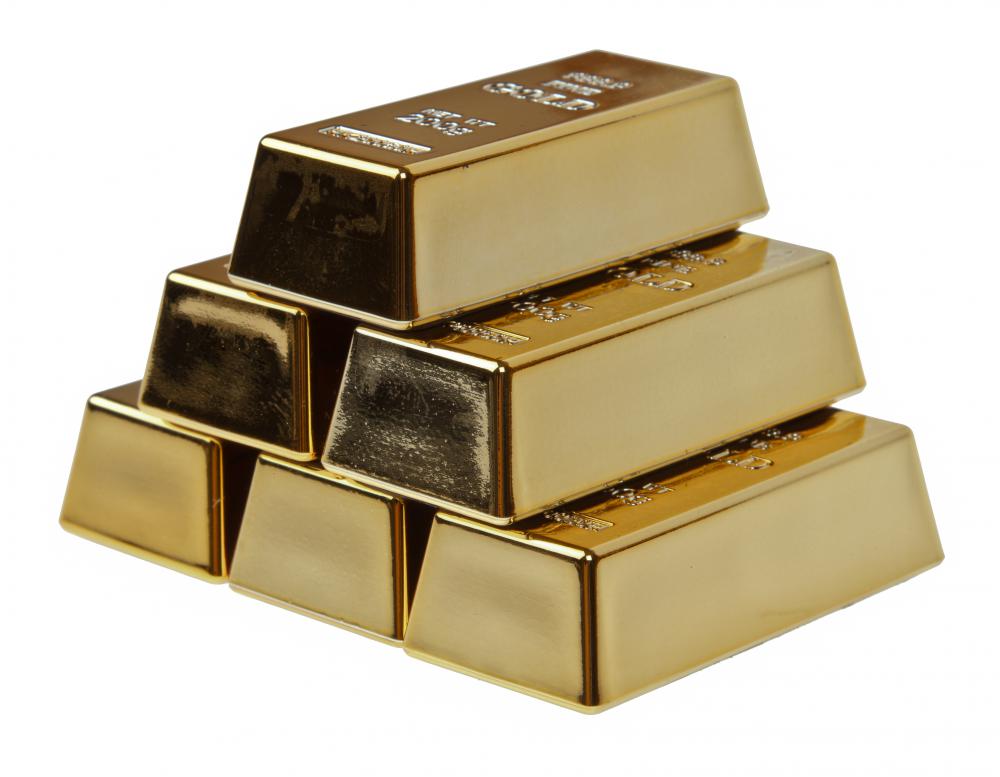At WiseGEEK, we're committed to delivering accurate, trustworthy information. Our expert-authored content is rigorously fact-checked and sourced from credible authorities. Discover how we uphold the highest standards in providing you with reliable knowledge.
What Factors Determine Spot Market Prices?
A spot market is a market in which securities or commodities are purchased with cash for immediate delivery. Depending on the market, immediate delivery is defined as being within a month. The most popularly traded spot markets are foreign currencies, energy, natural gas, electricity, propane, oil and precious metals. Spot market prices are mainly influenced by supply and demand, speculation, economic conditions and political climates. Prices continuously fluctuate in most markets as developments occur and new information is released.
Supply and demand is usually the main reason for fluctuating spot market prices. The price of a security or commodity drops when its supply exceeds demand, and its price rises when demand surpasses supply. For example, if the United States is importing more goods than it is exporting, then the value of the dollar will weaken. This is because exporters are exchanging US Dollars to their local currencies in the foreign currency spot market. If the market has more US Dollars in supply than what is demanded, then the value of the dollar declines.

Speculators who realize the futures market is not in alignment with the spot market will begin to make trading decisions to profit from this discrepancy. This action will result in the gap closing until the spot and futures markets prices reach an equilibrium point. One way a gap is created is when speculators continue to go long on futures for a prolonged period of time when it is not in alignment with supply and demand. The futures market will eventually fall and the spot market will adjust so they both represent actual levels of supply and demand.

Economic conditions affect spot market prices, because they can influence supply and demand levels. For instance, the demand for gold increases during a recession, so gold's spot market price also increases. Inflation rates affect spot market prices, because demand will fall as the price of products rise. In the case of the foreign currency exchange spot market, if two countries are experiencing the same rate of inflation, then it will not affect their exchange rates.
The political climate is a factor in spot market prices, because new laws and regulations can influence the supply and demand of commodities and securities, or taxes for exporting. Changing policies can also can have an impact on the currency exchange rate. In general, when exchange rates increase, it creates a downward pressure on demand for commodities and securities, decreasing their prices. A notable exception is the spot market for gold; investors invest more in gold when their currencies decline in value, because it is perceived to be safer than holding money.
AS FEATURED ON:
AS FEATURED ON:












Discuss this Article
Post your comments